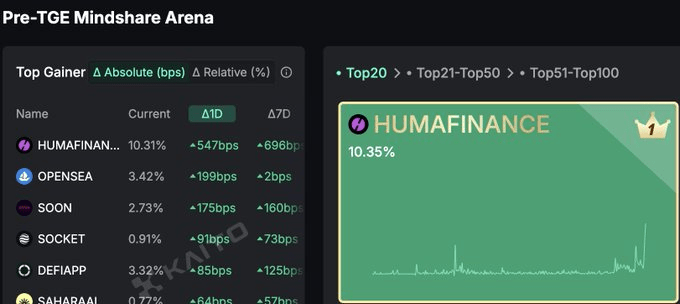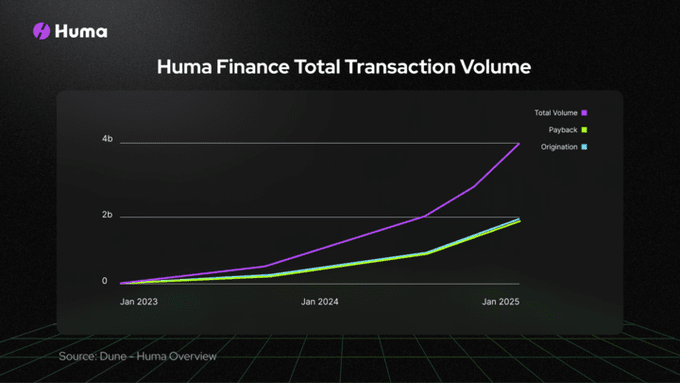To be honest, when I first saw this project, I was also skeptical, thinking, 'Is this just another DeFi lending scheme?' But as I looked deeper, I found that the problems it wants to solve might be much more 'down-to-earth' than we imagine.
We, who are 'surfing' in Web3, talk about decentralization every day, but what about in real life? Have you ever encountered situations like this:
As a freelancer, you land a big project, finish the work, but the client's payment process takes one to two months. But during this time, no one waits for your rent and living expenses.
You open a small online store, finally manage to sell a batch of goods, but the platform's settlement takes T+7. Just as the next hot item is about to arrive, you find you have no cash to stock up, feeling anxious.
Even, you just want to send some money home from abroad, but not only are the fees high, but the money also takes several days to 'fly' on the road. When your parents urgently need the money, you are even more anxious than anyone else.
Are these questions particularly real? We often say that blockchain can change the world, but if it can't even solve these most basic 'cash flow' issues, which 'world' is it changing?
Huma Finance, in my view, aims to use the 'sharp knife' of blockchain to solve the 'urgent needs' of ordinary people and small businesses.

It came up with a new concept called 'PayFi' (Payment Finance), where payment equals finance. In simple terms, it turns your 'money that you can only receive in the future' into 'money you can use now.'
How does it work?
Imagine that your 'customer invoice' that hasn’t matured yet, at Huma, is no longer just a 'wait-and-see' 'IOU'; it becomes a verifiable and trustworthy 'on-chain asset' (RWA - Real World Asset). You can directly collateralize it and almost instantly receive stablecoins (like USDC) to solve your immediate funding issues. The entire process involves no complex approvals and long waits like traditional banks; only code and smart contracts executing efficiently.
This is quite interesting. It is not creating a castle in the air, but rather using Web3 methods to 'accelerate' the flow of funds in the real world.
Why do I think this matter is reliable and worth discussing?
The scenarios are 'essential': it targets not the speculative concepts of the virtual world, but real business scenarios like invoice financing, supply chain finance, and cross-border payment settlements that occur every day. Behind these scenarios is a massive market worth trillions.
Data doesn't lie: I looked at the on-chain data and their reports, and Huma has already processed billions of dollars in transaction volume. This is not just a PPT vision; it is a business that is already running. For users providing liquidity, it also creates real and sustainable returns. This kind of return does not come from the 'fictitious fire' of 'mining,' but from the interest of real-world business activities.
The background is solid: I checked its investors, Binance Labs, Circle Ventures... The endorsement from these top institutions at least indicates that this team and direction have undergone professional due diligence, not just a makeshift team.

Of course, I am not blindly 'recharging faith' for everyone. Every new project has its risks and challenges. For example, how to effectively assess the credit and control risks of real-world assets? How to ensure the security and stability of the platform while achieving large-scale adoption? These are questions that the Huma team needs to continuously address.

So, I want to throw this question out for everyone to discuss together at Binance Square:
What do you think is the biggest challenge in moving something like 'accounts receivable' onto the blockchain?
Besides the scenarios I mentioned, what other 'cash flow pain points' in our daily lives can you think of that a model like Huma might solve?
When DeFi truly starts to serve the real economy, what do you think it will mean for us ordinary investors? Is it a new opportunity or a new risk?
I have always felt that a good Web3 project should not just be a toy for us insiders to enjoy; it should be able to permeate real life and business like water and electricity, solving specific problems.
Whether Huma Finance is the 'right' project still needs time to verify. However, it at least shows me a possibility: the next wave of Web3 might be hidden in these 'old problems' that we take for granted but are filled with pain points.


